AeroGenie — Your Intelligent Copilot.
Trending
Categories
How AI Is Transforming Aviation

How AI Is Transforming Aviation
At Disrupt 2025 in San Francisco, Epic Aircraft, an Oregon-based innovator, provided a compelling demonstration of how artificial intelligence is revolutionizing the aviation industry. Traditionally constrained by legacy systems and lengthy certification processes, the sector has often struggled to keep pace with technological advancements. Epic Aircraft’s recent achievement in securing FAA type certification for its E1000 AX in July 2025 marks a significant milestone, made possible by the comprehensive integration of AI throughout design, testing, certification workflows, and customer support.
Accelerating Innovation Through AI Integration
Epic Aircraft’s adoption of smart automation has enabled the company to scale operations more efficiently than conventional manufacturers. This approach exemplifies how the agile mindset characteristic of Silicon Valley can enhance speed, safety, and performance within aviation. The discussions at Disrupt 2025 highlighted the convergence of startup culture and cutting-edge technology, illustrating a transformative shift in how the future of flight is being shaped.
However, the integration of AI into aviation is accompanied by considerable challenges. The industry is under increasing pressure to meet decarbonization targets, necessitating that AI applications align closely with sustainability objectives. Additionally, geopolitical uncertainties complicate efforts to develop resilient and future-proof systems. While companies such as Ryanair and Swissport are actively exploring AI’s potential, the broader industry response remains cautious. Many organizations find it difficult to transition from pilot projects to scalable, enterprise-wide AI implementations, exposing a gap between ambition and practical execution.
Navigating Challenges and Building Infrastructure
Responses among competitors vary widely. Some prioritize leveraging AI to meet evolving customer expectations, while others emphasize the critical need for robust infrastructure to support AI-driven connectivity and innovation. Constructing this infrastructure is anticipated to be a complex and time-intensive process, raising important considerations regarding regulatory oversight, compliance, and the speed at which regulatory frameworks can adapt.
Despite these obstacles, Epic Aircraft’s presentation at Disrupt 2025 underscored the aviation sector’s readiness to embrace innovation. The company’s success story encapsulates both the promise and the complexity inherent in applying AI to aviation—a domain where technological progress must be carefully balanced with safety, sustainability, and regulatory rigor. Moving forward, the industry’s ability to realize AI’s full benefits will depend on close collaboration among startups, established players, and regulators to ensure responsible and scalable adoption.
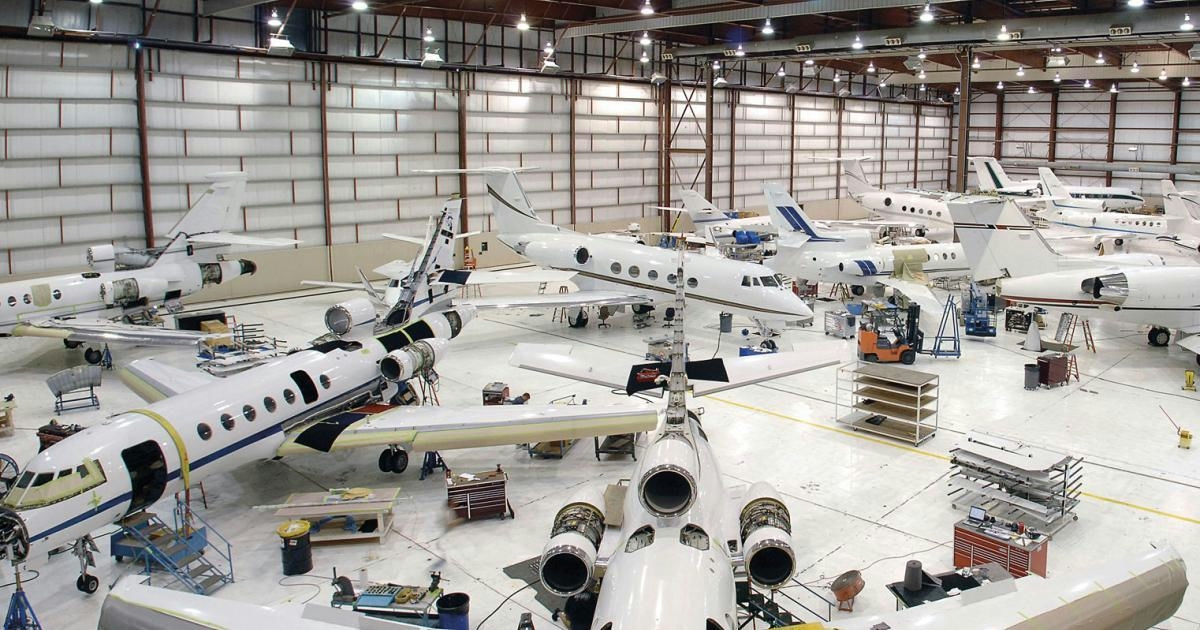
West Star Aviation Expands Mid-Atlantic Presence with DCJet Services Acquisition

Lufthansa Technik Completes 1,000th Overhaul of P&W GTF Engine
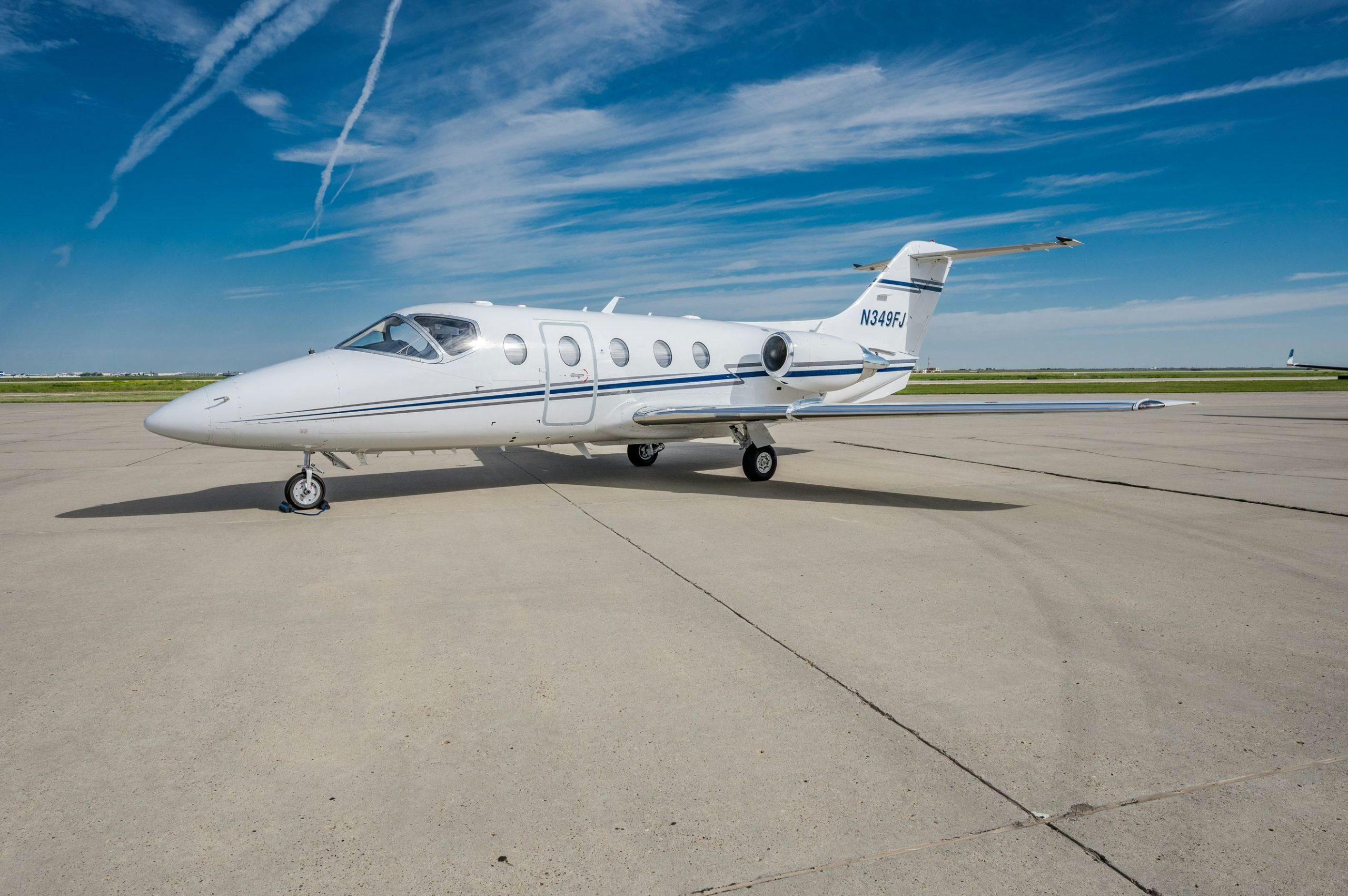
Haven ASG Launches FBO at Amarillo International Airport
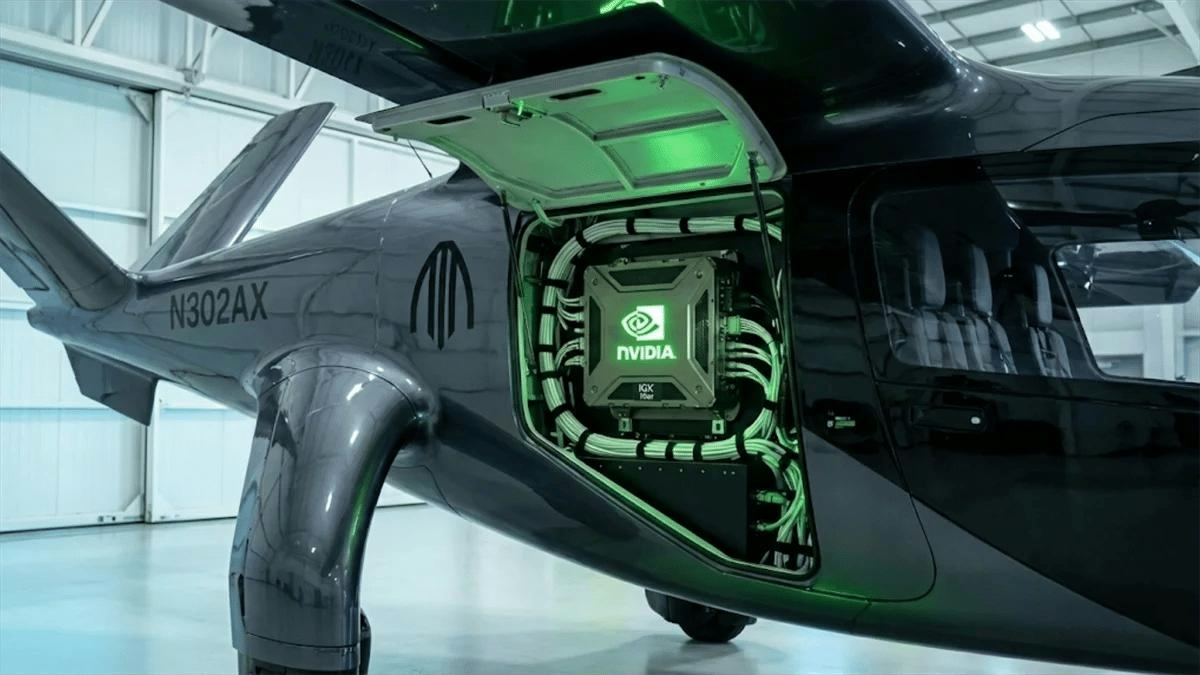
Archer Aviation Integrates NVIDIA’s IGX Thor into Air Taxi Systems

Pilatus Delivers 147 Aircraft in 2025 Despite Supply Chain Challenges

Boeing Jet Returns to Airport Following Engine Fire Warning
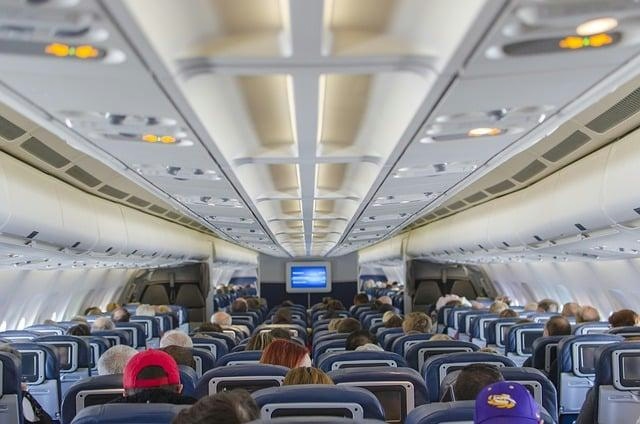
AENA Executives' Tactics Do Not Justify Fee Increases

Dr. Vladislav Apostolyuk Named CTO of Volz Servos
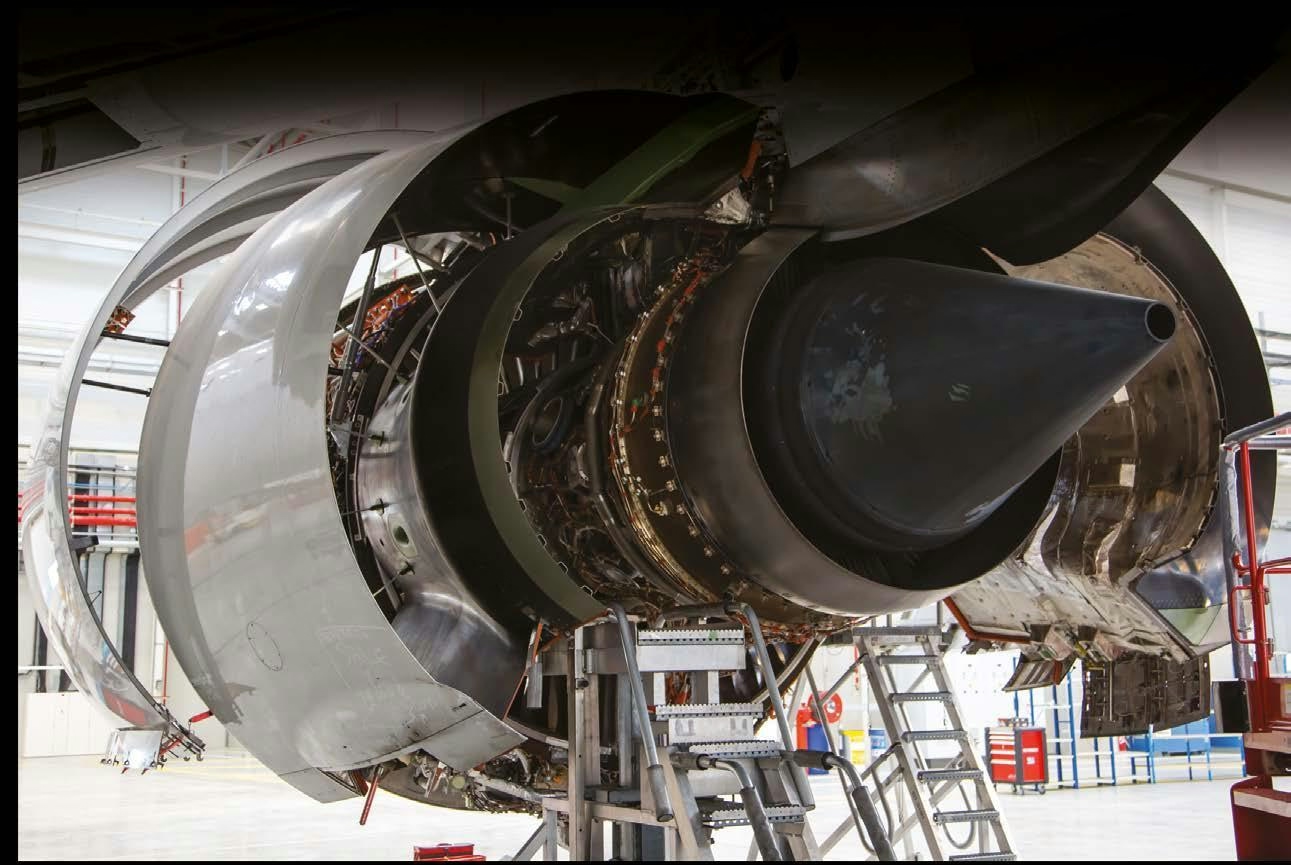
Setna iO Expands Teardown Portfolio with B737-700 and CFM56-7B
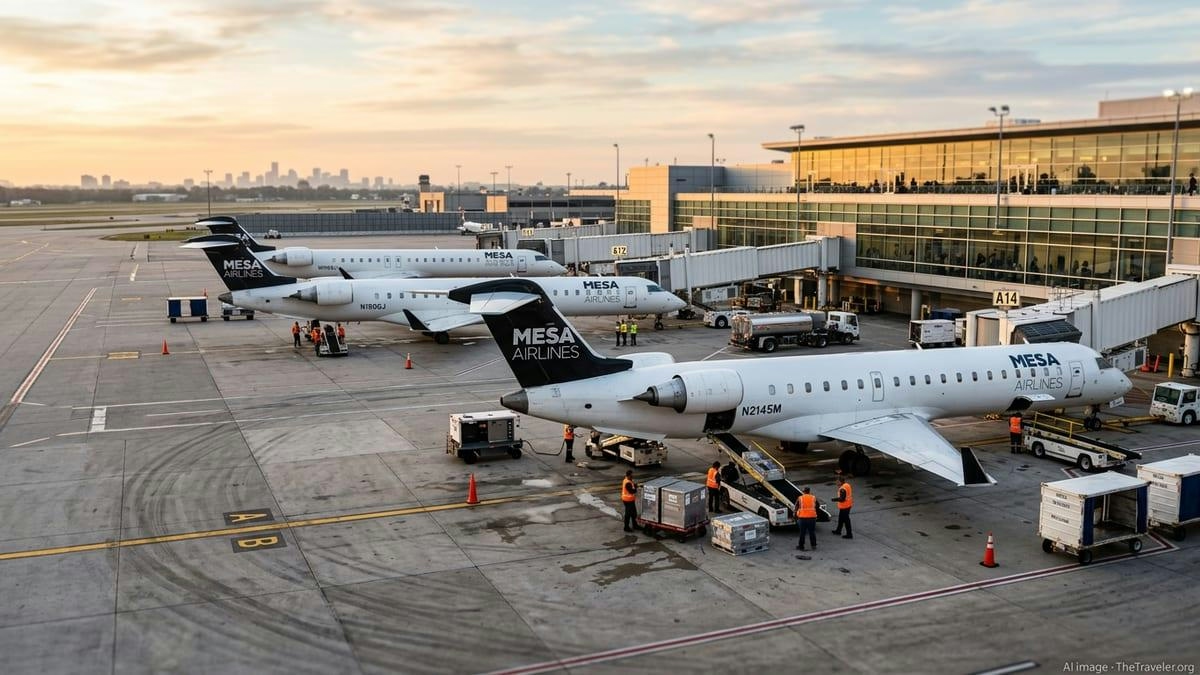
DASI Reaches Inventory Agreement with Mesa Airlines
